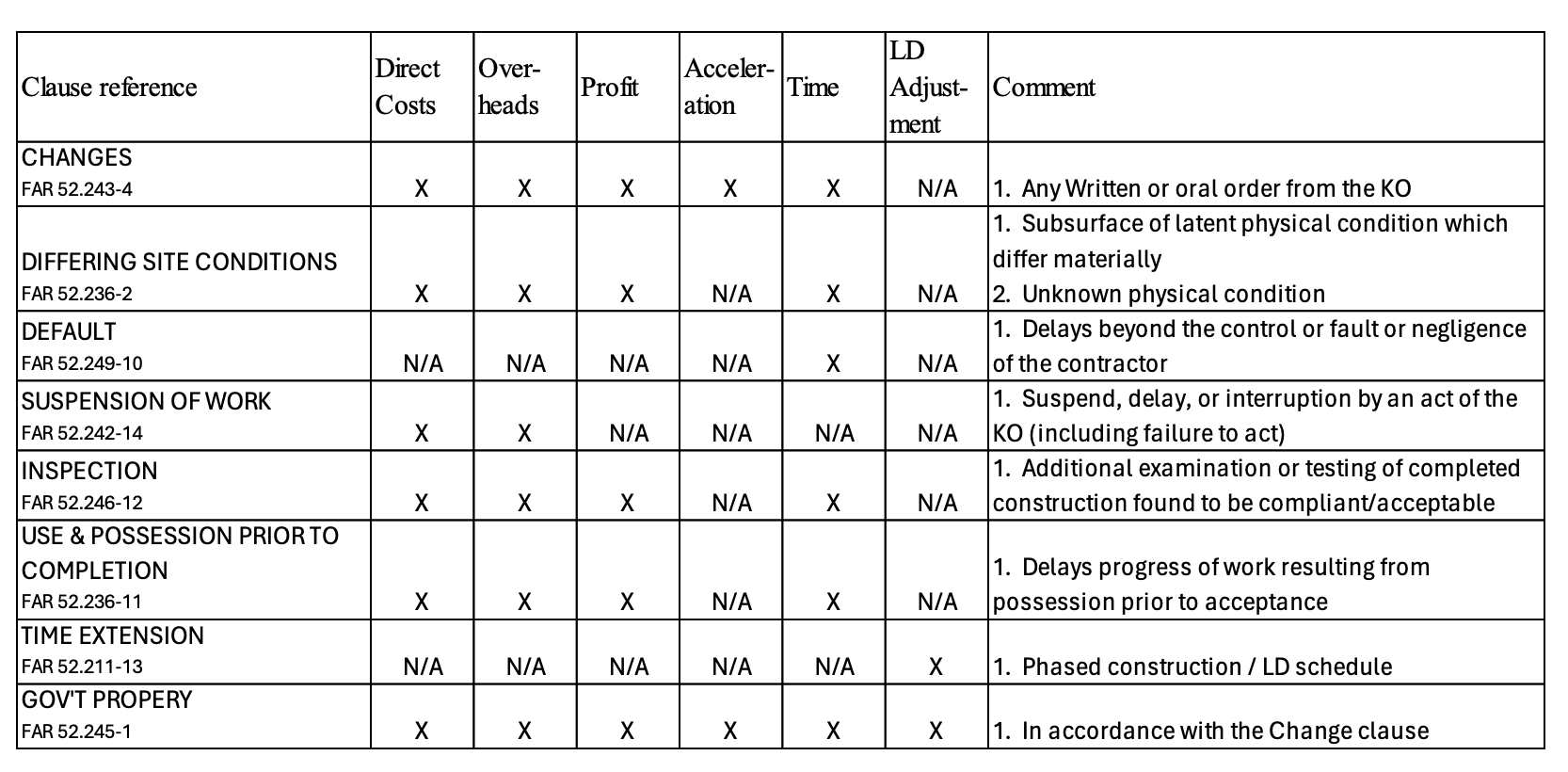Contractors' Handling of Change Orders Before Entitlement Settlement Raises Concerns

In the realm of federal construction projects overseen by the U.S. Army Corps of Engineers (USACE), the process of change orders often presents challenges that demand meticulous attention. However, recent observations have shed light on a concerning trend: contractors (KTRs) proceeding with change orders before entitlement is fully settled and a cost agreement is reached. This practice, while not explicitly prohibited, introduces complexities and uncertainties into project management and financial accountability.
Change orders, typically necessitated by unforeseen circumstances or modifications to project specifications, are a common occurrence in construction projects. However, the proper handling of change orders requires adherence to established protocols and diligent communication between contractors and contracting officers. Crucially, this process includes reaching a consensus on the reason for a change, which entails determining the validity of the proposed change and assessing its impact on the project's scope, schedule, and budget.
As contractors we must get better at understanding the administrative intricacies of how the government works. If there is an issue, put it in writing. There are many swim lanes and we must choose carefully how we communicate with the government.
- It can start with a Request for Information (RFI) from the field level.
- Depending on the issue at hand, the next swim lane would be for the Project Manager to write a formal Serial Letter addressed to the Contracting Officer (KO) in further detail describing the compensable/time impacts.
- Utilize Federal Acquisition Regulation (FAR) clauses in your serial letter. The following table provides a reference to the FAR clauses that will be used to remedy contractual issues (Carlson):

Yet, reports indicate instances where contractors initiate changes to project plans before entitlement is conclusively established. This preemptive approach can lead to disputes over entitlement and cost, potentially jeopardizing project timelines and budgets. Without a clear agreement on entitlement, contractors risk undertaking work that may not be compensable under the contract terms, leading to financial strain and legal disputes.
Moreover, proceeding with change orders before a cost agreement is reached introduces financial uncertainties for both contractors and government agencies. In the absence of a negotiated price, contractors may incur expenses without assurance of reimbursement, while government agencies face the prospect of unforeseen cost overruns. This lack of financial clarity undermines the principles of fiscal responsibility and transparency essential to federal construction projects.
The USACE 3 Phase Control System emphasizes the importance of proactive and transparent communication throughout the construction process. Contractors are encouraged to engage in early discussions (Preparatory Phase) with the government team to clarify contract plans and discuss procedures for constructing the work including the review of repetitive deficiencies. By adhering to established procedures and maintaining open lines of communication, contractors can mitigate risks and ensure the successful execution of federal construction projects.
In response to these concerns, stakeholders within the federal construction community are advocating for enhanced oversight and adherence to established protocols regarding change orders. This includes reinforcing the importance of entitlement determination before proceeding with changes and emphasizing the necessity of cost negotiations to establish clear and equitable terms for both parties.
In conclusion, the practice of contractors proceeding with change orders before entitlement is settled and a cost is agreed to raises significant concerns within the federal construction industry. To uphold the principles of accountability, transparency, and fiscal responsibility, contractors must prioritize adherence to established protocols and engage in proactive communication with government agencies. Only through collaborative efforts and diligent oversight can the challenges associated with change orders be effectively addressed, ensuring the successful completion of federal construction projects.

